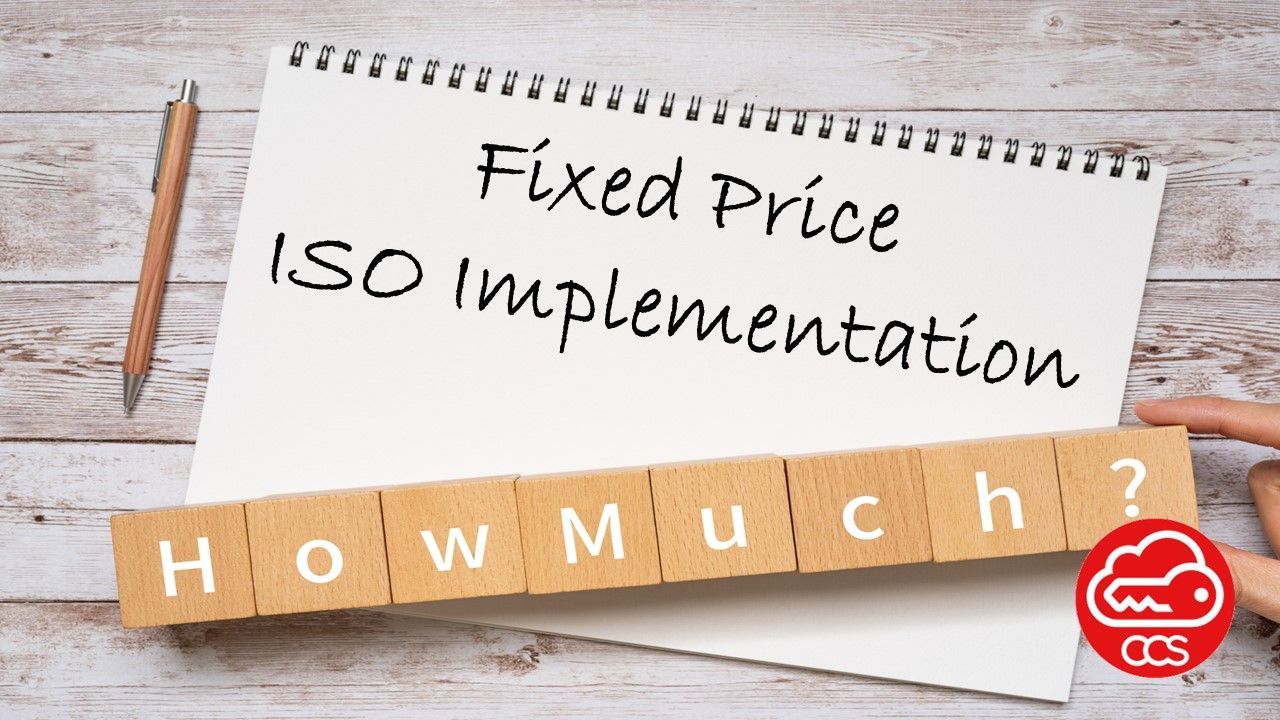ISO 9001: Ensuring Quality Management:
ISO 9001, the most widely adopted ISO standard across industries, holds immense significance for the manufacturing sector. Implementing ISO 9001 helps organizations establish a robust quality management system (QMS). By adhering to this standard, manufacturers can streamline their processes, improve product quality, enhance customer satisfaction, and drive continuous improvement. ISO 9001 provides a framework for consistent product/service delivery, risk management, and customer focus, resulting in higher operational efficiency and increased market competitiveness.
ISO 14001: Embracing Environmental Responsibility:
Environmental concerns have gained prominence in recent years, and ISO 14001 helps manufacturers address them effectively. This standard enables organizations to implement an Environmental Management System (EMS) that minimizes their environmental impact, reduces resource consumption, and ensures compliance with environmental regulations. By adopting ISO 14001, manufacturers can enhance their environmental performance, improve sustainability practices, and strengthen their reputation as responsible and eco-friendly entities.
ISO 45001: Prioritizing Workplace Safety:
Worker safety is of paramount importance in the manufacturing industry. ISO 45001 focuses on Occupational Health and Safety (OH&S) management, helping organizations establish proactive measures to identify, manage, and reduce occupational risks. By adopting this standard, manufacturers can create a safe and healthy work environment, prevent work-related injuries and illnesses, comply with legal obligations, and mitigate potential financial losses. ISO 45001 not only safeguards the well-being of employees but also contributes to increased productivity and reduced costs.
ISO 22301: Ensuring Business Continuity:
Disruptive incidents can have severe consequences for manufacturing companies. ISO 22301 addresses this concern by providing guidance on Business Continuity Management (BCM). By implementing ISO 22301, organizations can establish plans and procedures to effectively respond to and recover from disruptions such as natural disasters, IT failures, or supply chain interruptions. This standard minimizes operational downtime, safeguards critical business functions, and enhances overall resilience, enabling manufacturers to withstand and recover from unexpected challenges.
ISO 27001: Protecting Information Security:
In an increasingly digital landscape, protecting sensitive information is crucial. ISO 27001 offers a framework for Information Security Management Systems (ISMS). By adhering to this standard, manufacturers can establish systematic processes to identify and mitigate information security risks, ensuring the confidentiality, integrity, and availability of data. ISO 27001 not only helps safeguard critical business information but also builds customer trust, mitigates security breaches, and demonstrates compliance with legal and regulatory requirements.
In today's competitive manufacturing industry, embracing these standards is essential for achieving excellence and remaining ahead of the competition. By implementing ISO 9001, ISO 14001, ISO 45001, ISO 22301, and ISO 27001, manufacturers can significantly enhance their quality management, environmental performance, workplace safety, business continuity, and information security, respectively.
These ISO standards offer a range of benefits, including improved product quality, enhanced reputation, increased customer confidence, and operational efficiency.
If you are a manufacturing business looking to embark on the journey of ISO certification and harness these valuable benefits, we encourage you to reach out to CCS. CCS specializes in assisting organizations in achieving ISO certification, ensuring a smooth and successful implementation process. By collaborating with CCS, you can unlock the full potential of these standards and establish your company as a leader in the manufacturing industry.
Remember, manufacturing excellence starts with a commitment to quality, safety, environmental responsibility, and robust information security. Embrace ISO standards and let CCS guide you towards success


